Discover how we can work together to improve the lives of people living in Wessex through nutrition research.
We need you for a short meeting:
Are you Interested in research and nutrition?
Do you want to improve nutritional outcomes across the life course?
If so, please come to one of our engagement events (online or face-to-face) to share your priorities and experiences.
Key dates:
Online: Tuesday 1st July (12.30 – 2.30 pm) or Wednesday 2nd July (9.30-11.30 am)
or
In-person: Wednesday 9th July (10 am to 2 pm, Registration from 9.30 am) Room LE30 at University Hospital Southampton, SO16 6YD
The Wessex Nutrition Research Network and the INFORmED project are a new Wessex Health Partners collaboration led by University Hospital Southampton and Bournemouth University, which aims to improve nutritional health outcomes across the life course.
The‘INFORmED’ project focuses on Improving Nutritional Outcomes for people across Wessex by Engaging Dietitians and Nutritionists in Research. Specifically, we aim to:
Connect dietitians, nutritionists, organisations, patients, the public, and the community with a shared interest in nutrition.
Collaborate to improve the lives of people living in Wessex.
Develop a sustainable, collaborative, inclusive network to tackle key nutritional challenges and priorities across the life-course to improve health and well-being in Wessex.
Grow new research capability in nutrition interdisciplinary research led by underrepresented professions, and in particular, dietitians and nutritionists
‘INFORmED’ engagement events are open to anyone interested in improving nutrition across Wessex. We particularly encourage dietitians, nutritionists, and managers who are interested in getting started or developing their clinical academic journey, as well as those interested in overweight, obesity, and young people.
We are delighted to invite attendees to an event supporting dietitians and nutritionists of all grades (pre- and post-registration; ANutr and RNutr) across Wessex to engage in research and evidence-based opportunities.
Educators, managers, academics, community/council members, interested organisations/individuals, and industry representatives are also welcome.
These events are aimed at anyone interested in starting in or advancing their clinical academic ambitions in nutrition research.
If you would like to attend, please complete this ‘Eventbrite’ https://www.eventbrite.co.uk/e/1394795052549?aff=oddtdtcreator
and a short survey (https://forms.office.com/e/j8dP8BHPey). The survey includes a short scoping survey that will be used at the engagement event.
Survey link:
https://forms.office.com/e/j8dP8BHPey

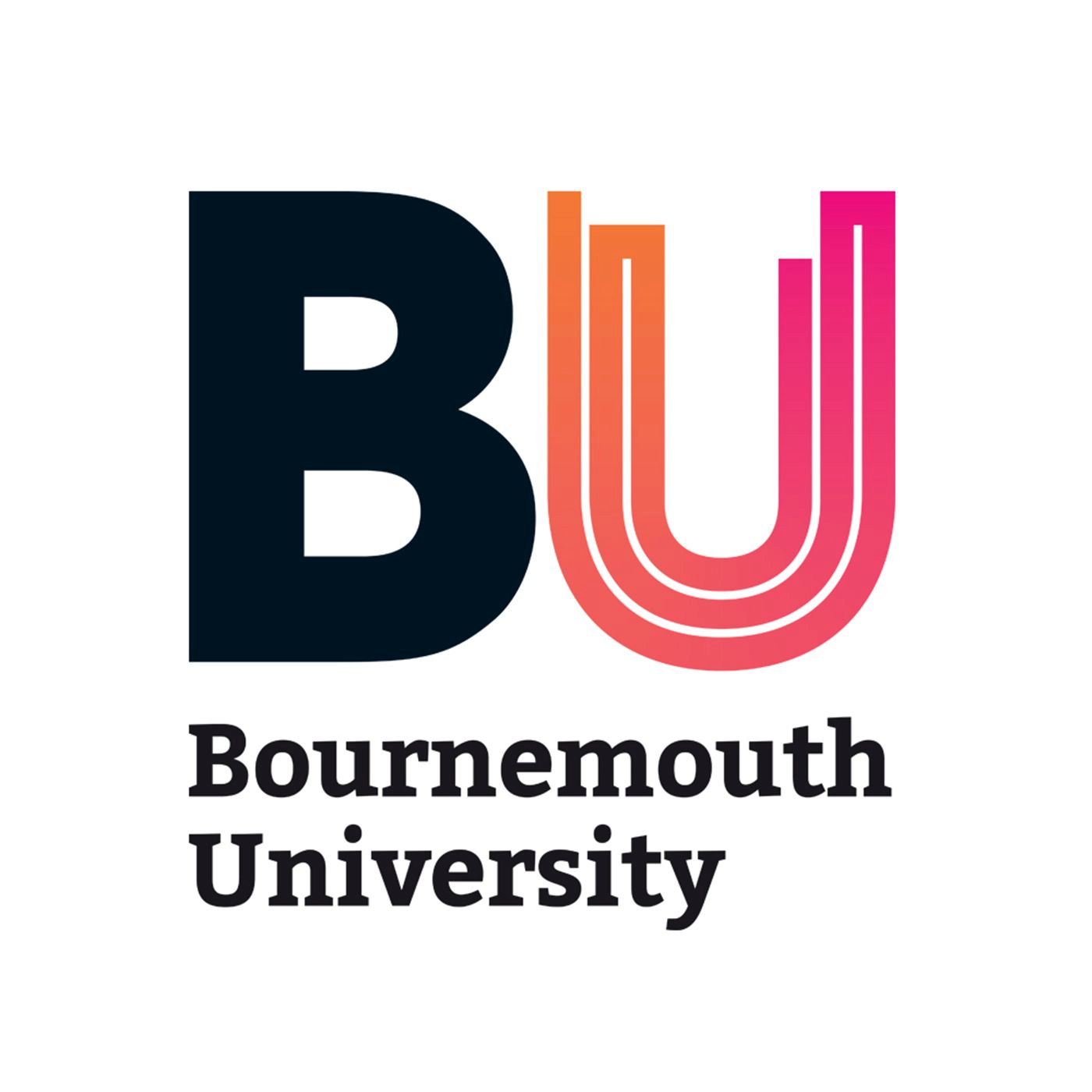
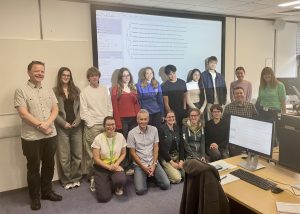 Dr Demetra Andreou and Prof Genoveva Esteban from the School of Life and Environmental Sciences recently welcomed Sixth Form students and science teachers from Thomas Hardye School (Dorchester) to a full-day workshop on the molecular ecology of freshwater shrimps. The academics offered a hands-on computational investigation of biodiversity, demonstrating how DNA analysis can reveal population structures, detect potential invasive species, and inform conservation strategies in freshwater ecosystems.
Dr Demetra Andreou and Prof Genoveva Esteban from the School of Life and Environmental Sciences recently welcomed Sixth Form students and science teachers from Thomas Hardye School (Dorchester) to a full-day workshop on the molecular ecology of freshwater shrimps. The academics offered a hands-on computational investigation of biodiversity, demonstrating how DNA analysis can reveal population structures, detect potential invasive species, and inform conservation strategies in freshwater ecosystems.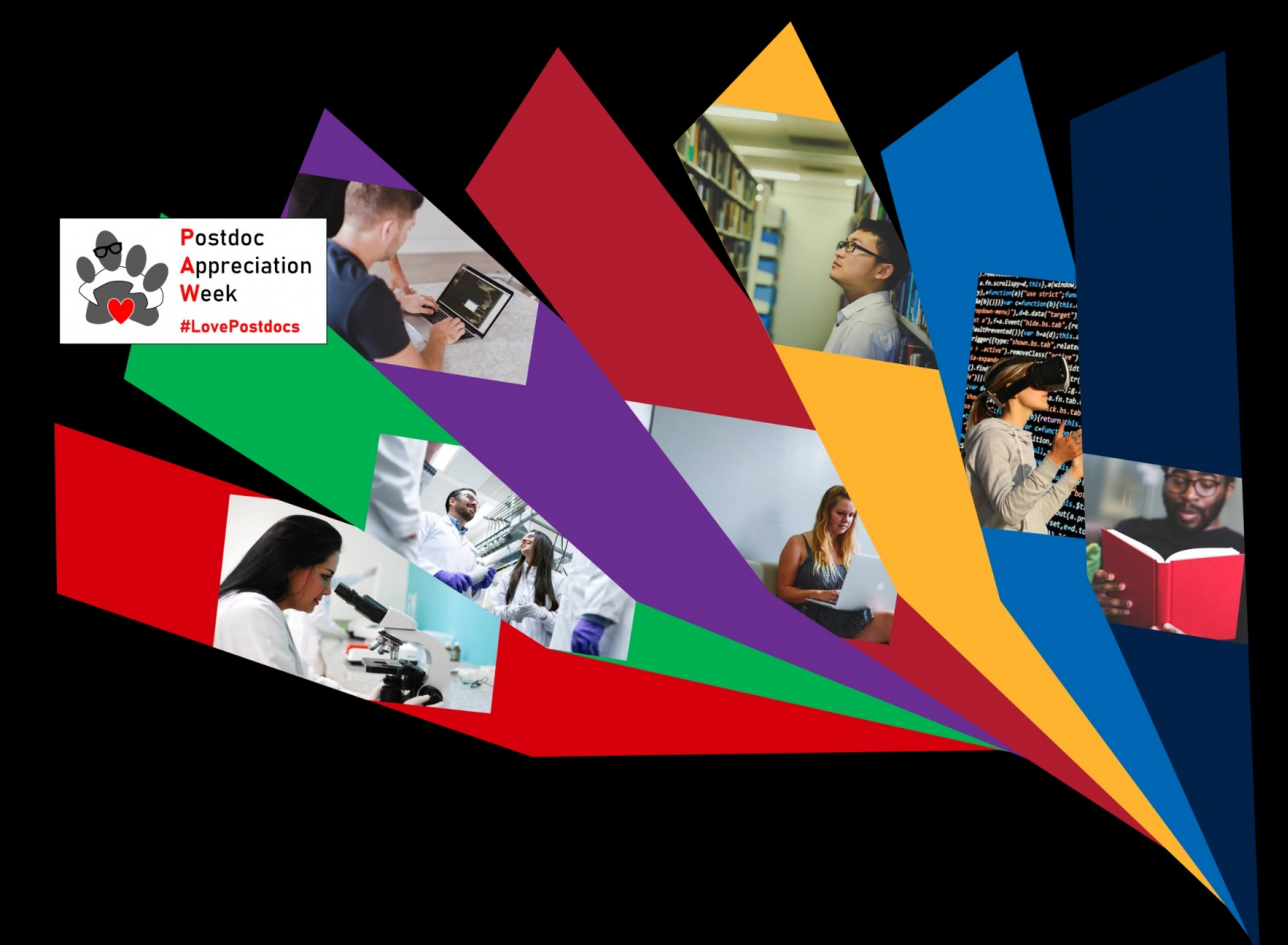
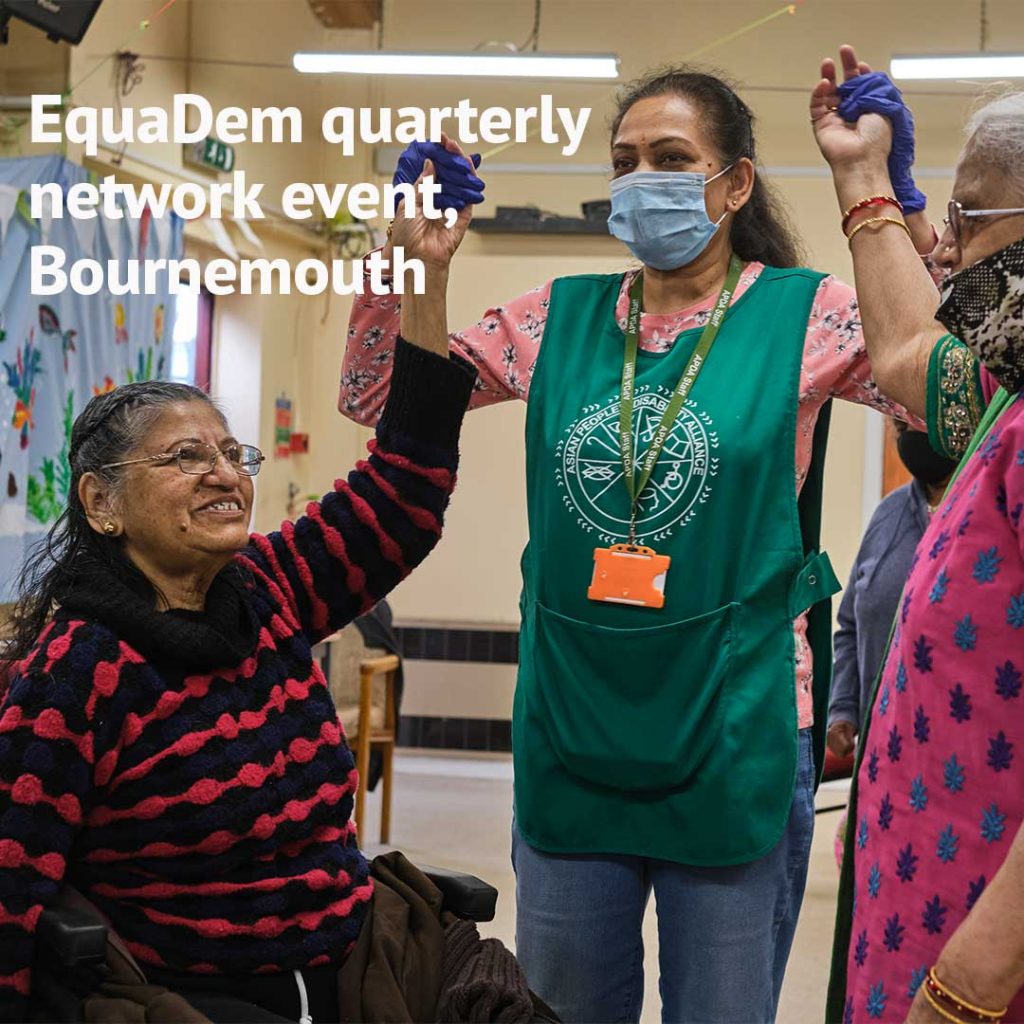

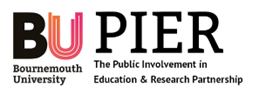
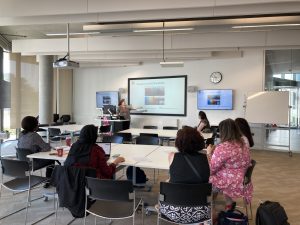 We kicked off the day with a hands-on workshop delivered by BU’s Research Development and Support (RDS) team. This session, Getting Started with Grant Applications, demystified the process of identifying funding opportunities, understanding funder expectations, and developing strong proposals. The RDS team’s practical advice was especially useful for those of us who are still finding our footing in the world of grant writing, and the interactive format gave everyone the chance to ask questions relevant to their own projects.
We kicked off the day with a hands-on workshop delivered by BU’s Research Development and Support (RDS) team. This session, Getting Started with Grant Applications, demystified the process of identifying funding opportunities, understanding funder expectations, and developing strong proposals. The RDS team’s practical advice was especially useful for those of us who are still finding our footing in the world of grant writing, and the interactive format gave everyone the chance to ask questions relevant to their own projects.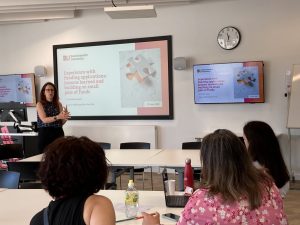 The second session featured a case study presentation by Dr Michelle Heward from FST. Michelle shared her personal journey navigating funding applications, reflecting on both challenges and successes. Her talk, Experience with Funding Applications: Lessons Learned and Building on Small Pots of Funds, offered a candid look at the realities of funding in academia. She highlighted how starting small—such as with pilot grants or internal funding—can build the credibility and track record needed to apply for larger awards. Michelle’s honesty and encouragement were appreciated by all, and her story resonated with many of the early-career researchers in the room.
The second session featured a case study presentation by Dr Michelle Heward from FST. Michelle shared her personal journey navigating funding applications, reflecting on both challenges and successes. Her talk, Experience with Funding Applications: Lessons Learned and Building on Small Pots of Funds, offered a candid look at the realities of funding in academia. She highlighted how starting small—such as with pilot grants or internal funding—can build the credibility and track record needed to apply for larger awards. Michelle’s honesty and encouragement were appreciated by all, and her story resonated with many of the early-career researchers in the room.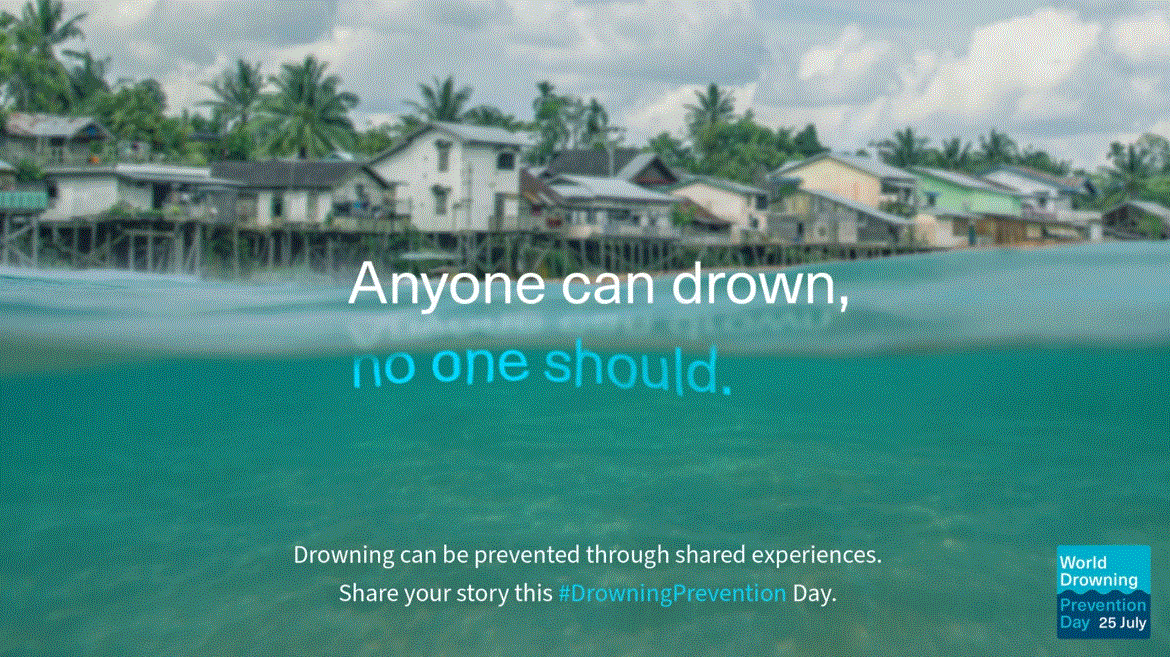
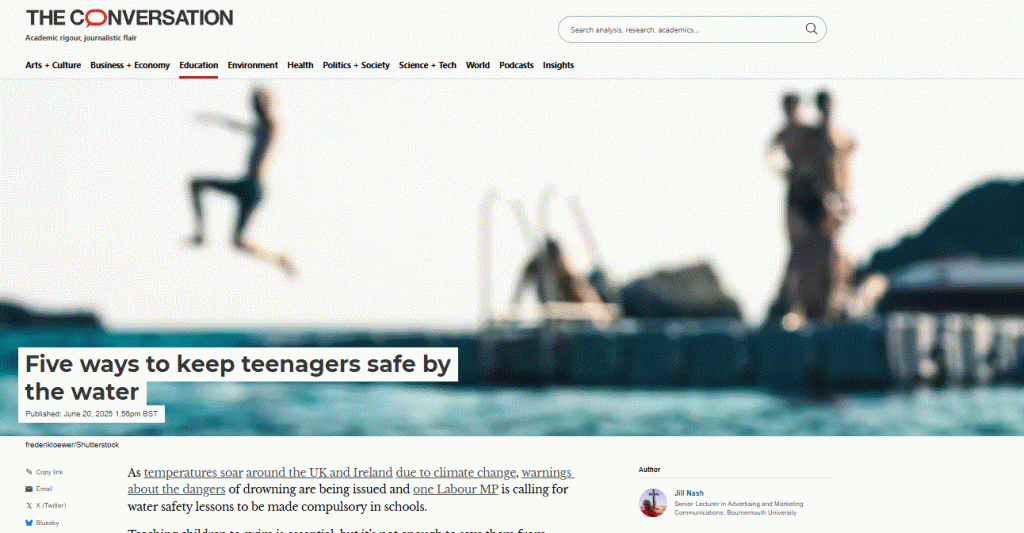


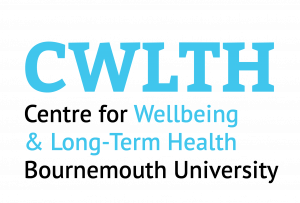

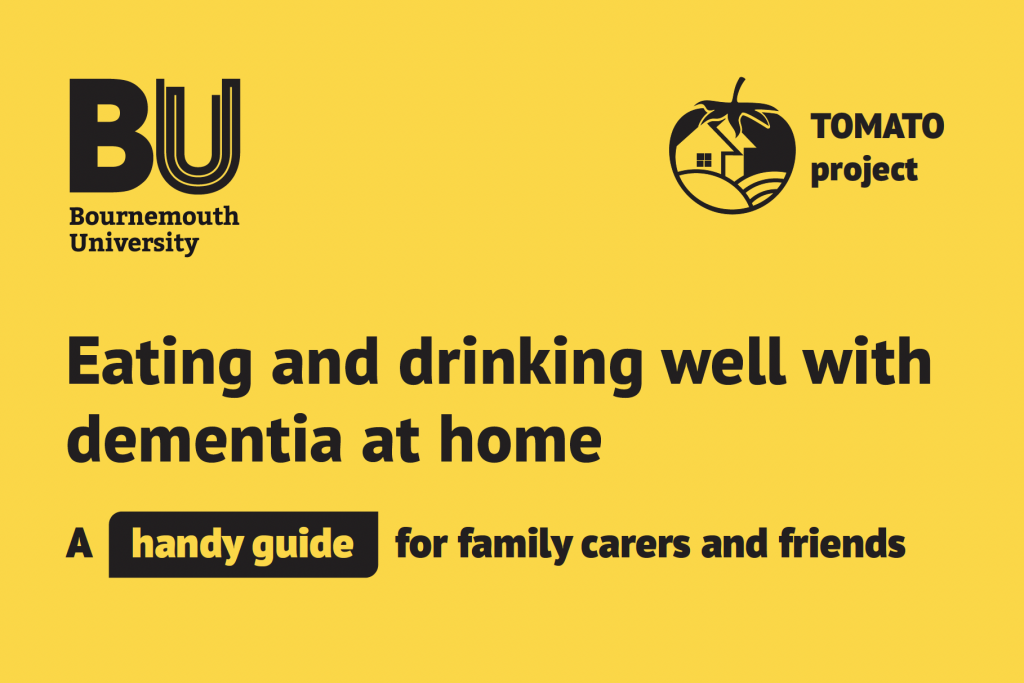
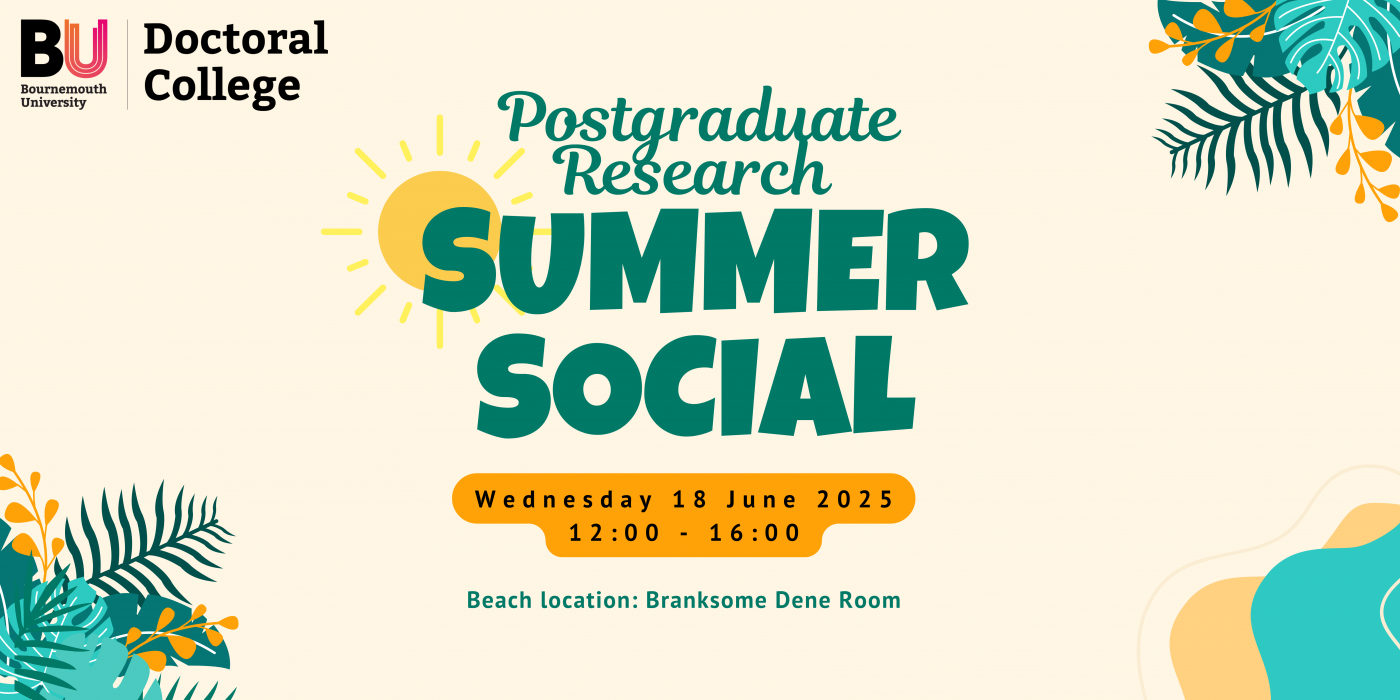


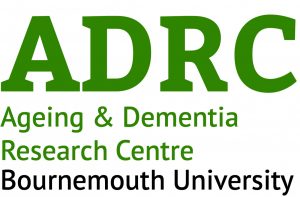
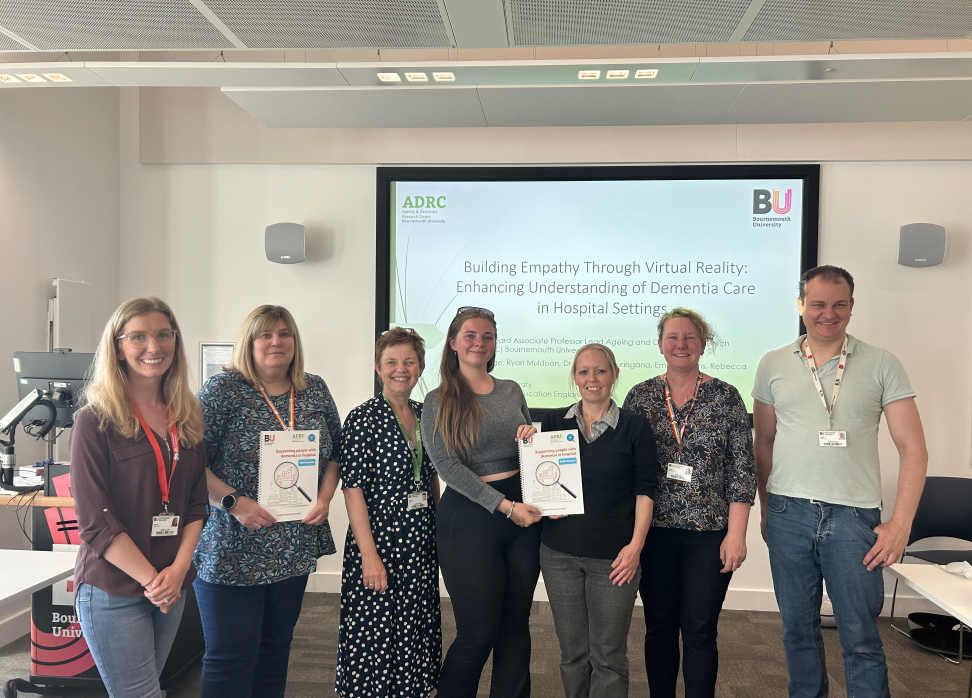
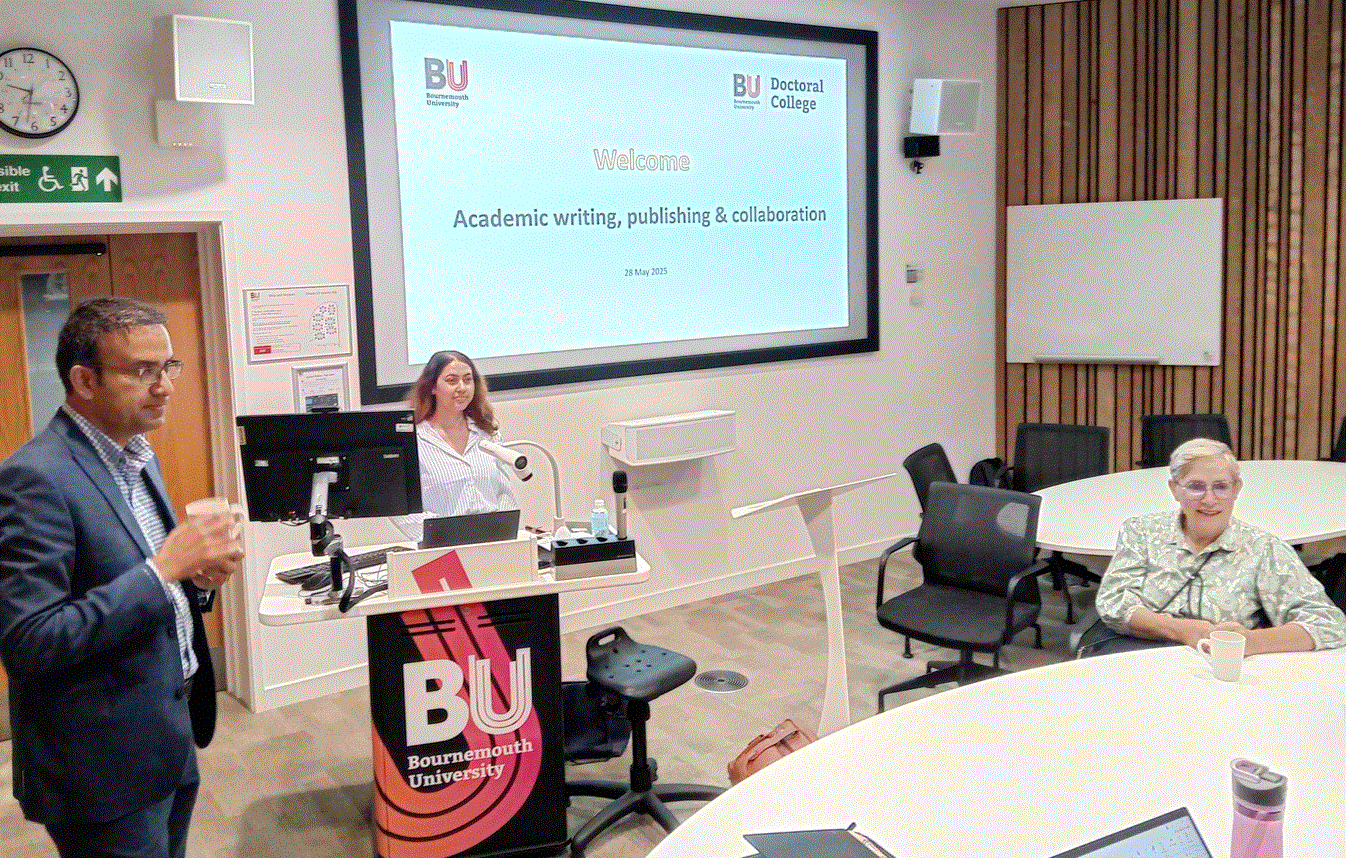

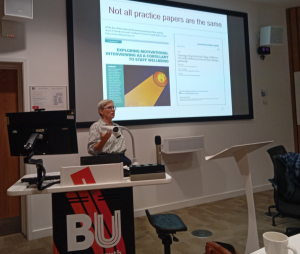














 Expand Your Impact: Collaboration and Networking Workshops for Researchers
Expand Your Impact: Collaboration and Networking Workshops for Researchers Visiting Prof. Sujan Marahatta presenting at BU
Visiting Prof. Sujan Marahatta presenting at BU 3C Event: Research Culture, Community & Can you Guess Who? Thursday 26 March 1-2pm
3C Event: Research Culture, Community & Can you Guess Who? Thursday 26 March 1-2pm UKCGE Recognised Research Supervision Programme: Deadline Approaching
UKCGE Recognised Research Supervision Programme: Deadline Approaching ECR Funding Open Call: Research Culture & Community Grant – Apply now
ECR Funding Open Call: Research Culture & Community Grant – Apply now ECR Funding Open Call: Research Culture & Community Grant – Application Deadline Friday 12 December
ECR Funding Open Call: Research Culture & Community Grant – Application Deadline Friday 12 December MSCA Postdoctoral Fellowships 2025 Call
MSCA Postdoctoral Fellowships 2025 Call ERC Advanced Grant 2025 Webinar
ERC Advanced Grant 2025 Webinar Update on UKRO services
Update on UKRO services European research project exploring use of ‘virtual twins’ to better manage metabolic associated fatty liver disease
European research project exploring use of ‘virtual twins’ to better manage metabolic associated fatty liver disease